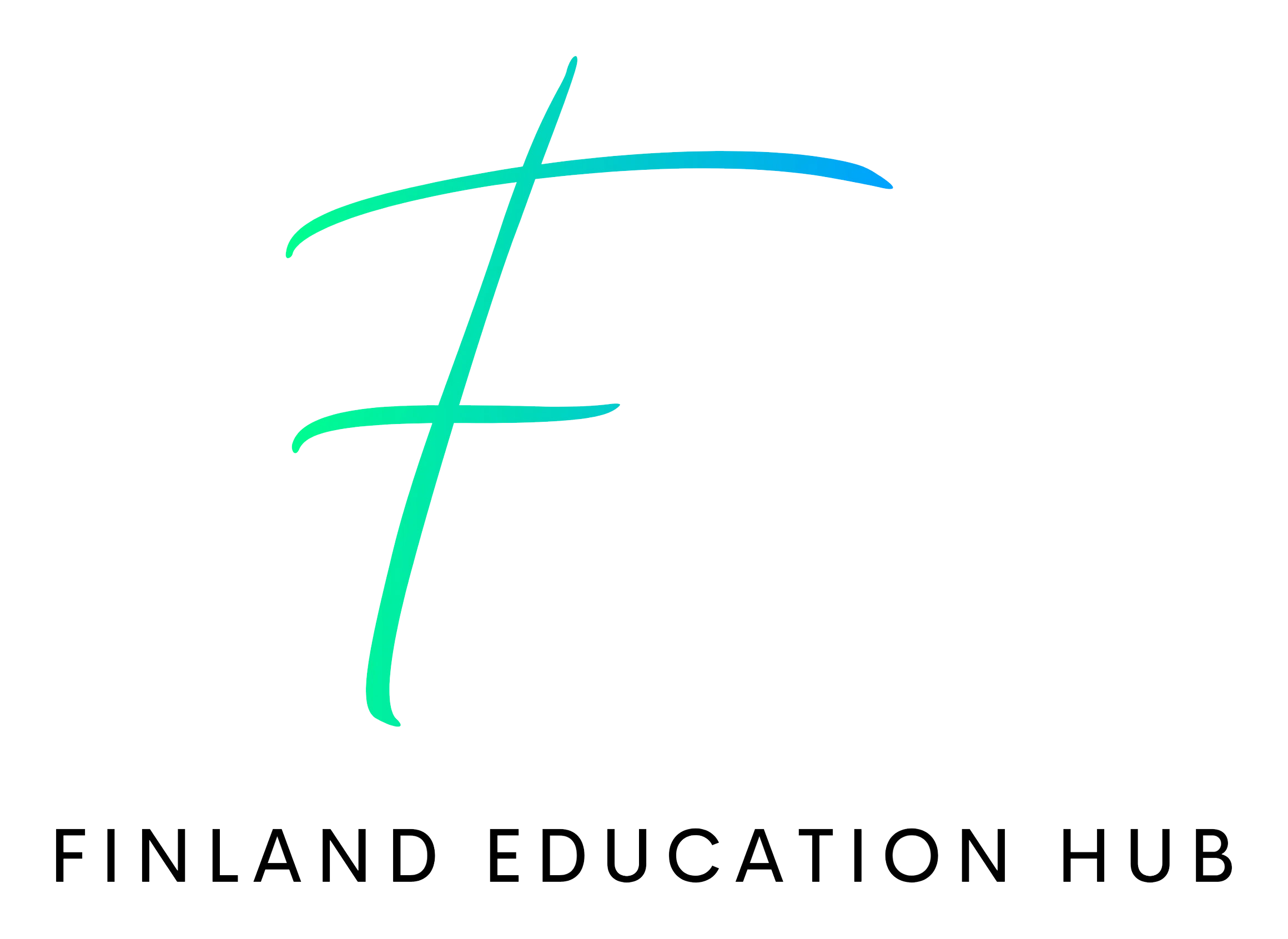Parent Involvement in Finnish Education: A Key Ingredient
Have you ever wondered how parents can make a big difference in how a child learns and grows in school? Well, let’s talk about a special country, Finland, where they have a super cool policy involving parents in their children’s education. As we all know, Finland’s education system has been acclaimed globally for its child-centric approach. In this blog, we are going to explore parental involvement in the Finnish education system and how they are doing it.
1. The Finnish Education System: A Model for Success
The Finnish way of schooling is like a special recipe for a happy learning journey. Everyone gets a fair chance, no matter where they live or their family. Teachers in Finland are like education experts—they learn a lot to make classes amazing! They believe in understanding kids, not just memorizing stuff for tests. That’s why they don’t load kids with tons of tests. Instead, they let children think and be creative. And here’s the cool part: no regular homework! It’s all about giving children time to explore and enjoy learning. Imagine a school where learning is fun, fair, and homework-free. Finland made it real, showing the world that school can be awesome for every student!
2. A Supportive Partnership:
School-Parent Collaboration: In Finland, parents and schools work closely together. Parents are considered as friends of teachers. They team up to help children succeed in school. By talking and sharing ideas, parents and teachers make sure that children are doing well in their studies. Finland believes that teamwork is very important. It’s like building a strong foundation for a big building – when the base is strong, everything else stands strong too. This teamwork is a big reason why education in Finland is so good!
Open Communication:Talking often is like making strong friendships between teachers and parents in Finland. When they chat regularly, they learn a lot about how a child is doing in school – what they are good at and where they can get better. This talk helps everyone trust each other and respect one another. Imagine it like a puzzle – talking is like putting the puzzle pieces together, so everyone knows how to help the child grow and do their best in school. In Finland, this sharing of thoughts and ideas is a key to making education a success!
3. Home-School Connection:
Reinforcing Learning at Home: Finnish parents actively engage in reinforcing learning at home by reading to their children, discussing school activities, and assisting with homework. This continuous learning approach reinforces classroom teachings.
Encouragement and Emotional Support: Parents in Finland place a significant emphasis on providing emotional support and encouragement, boosting a child’s self-esteem and motivation to learn.
4. Parental Involvement in Decision Making:
Parent-Teacher Associations (PTAs): PTAs in Finland are active platforms where parents voice their opinions, contribute ideas, and participate in shaping school policies. Their involvement ensures that parents’ perspectives are considered in important educational decisions.
School Governance: Some Finnish schools involve parents in school boards or decision-making committees, ensuring parents have a say in educational policies and practices.
5. Fostering a Positive Learning Environment:
Attending Parent-Teacher Conferences: Regular parent-teacher conferences provide insights into a child’s academic and social progress. Parents are encouraged to discuss concerns and collaborate with teachers to devise strategies for improvement.
Attending School Events: Active parental participation in school events, performances, and exhibitions creates a sense of community and demonstrates parental support for a child’s education.
6. The Finnish Culture of Trust and Responsibility:
Trust in Teachers: Finnish parents place immense trust in teachers, allowing them the autonomy to tailor education to the individual needs of each child. This trust fosters a positive learning environment.
Shared Responsibility: The Finnish society collectively views education as a shared responsibility, instilling a sense of duty in both parents and teachers to provide the best possible education for children.
Conclusion:
Finland’s remarkable education system is a result of various factors, with active parent involvement being a critical ingredient. The collaborative efforts between parents and educators, reinforced learning at home, involvement in decision-making, and the culture of trust and responsibility have established a framework where children thrive academically and emotionally. By recognizing and appreciating the role parents play, we can learn valuable lessons and strive to implement similar practices, fostering a more holistic and effective education system worldwide. To know more about Finland Education and how to implement it, contact the Finland Education Hub.

